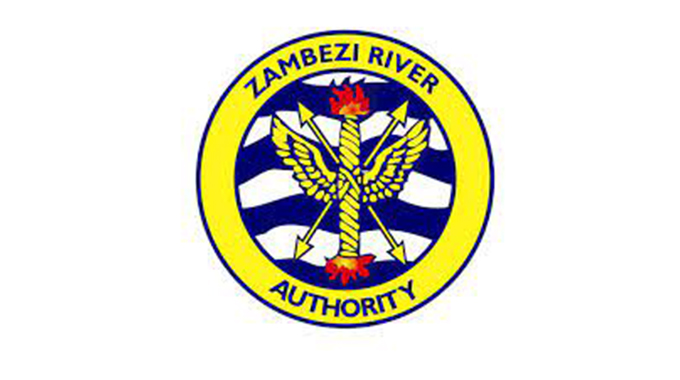The Chronicle

ENERGY and Power Development Minister, Zhemu Soda on Wednesday delivered a ministerial statement in Parliament on the power situation in the country.
This followed a drastic decline in electricity generation at Lake Kariba since late last month. Initially, the Zambezi River Authority (ZRA), the managers of the dam on behalf of Zimbabwe and Zambia, had asked the former to immediately suspend production on its side of the reservoir saying the country had used up its water quota for the year. Kariba South, ZRA said then, could get back to work next month when the lake level is expected to have recovered from the record-low it is at now.
 Kariba Power Station
Kariba Power StationThat was a major statement by ZRA which meant the country was to rely on an imported feed as well as on Hwange thermal plant which is performing well below capacity as it is being expanded. Happily, days later, Minister Soda announced Kariba South would not have its blinds drawn but would produce a maximum of 300MW, not 600MW it normally does.
He said generation was averaging 800MW with Hwange Thermal Station contributing about 400MW, Kariba at about 300MW and small thermals combined 30MW. This output is not always firm though.
Yesterday, none of the three smaller thermals — Harare, Munyati and Bulawayo — was producing. Kariba was at 231MW with Hwange at 438MW, bringing the total national production to 669MW, yet we need up to 1 800MW.
The minister also touched on the contribution of independent power producers (IPPs). They are producing an average 56MW. A few weeks ago, Deputy Minister Magna Mudyiwa said all the about 100 licensed IPPs have the potential to produce 2 000MW. She threatened the Government could be forced to revoke licences of the IPPs which are sitting on the permits while the economy suffers.
 Zambezi River Authority
Zambezi River AuthoritySeen against the licences issued, their potential and the serious power deficit the country is grappling with, the contribution that IPPs are making is abysmal; nothing to be honest. They secured the permits on the commitment that they would look for money; rather, they had the money to build facilities to produce for the country. They, therefore must do just that. Pressure must be brought on them to do that. Perhaps, it will be good for the Government to implement its warning as communicated by Deputy Minister Mudyiwa — to revoke the licences of the IPPs who are sitting on them for speculative purposes while the country is suffering up to 18 hours of load shedding daily.
There is nothing new, or surprising about that. The Ministry of Mines and Mining Development adopted that policy a year or two ago for companies holding on to exploration licences without investing in actual exploration.
So, yes, broadly, we want to see more IPP projects coming up to complement the work that the Zimbabwe Power Company is doing.
 The Hwange Thermal Power Station
The Hwange Thermal Power Station“Another measure is on Government giving support to the independent power producers,” said the minister.
“The focus will be on solar PV generation projects. Currently, a total of 100 projects have been licensed by Zera. My ministry is engaging the Ministry of Finance to help de-risk the independent power producer projects through provision of Government implementation agreements for projects which have been awaiting Government guarantee to reach financial closure. As we speak, three pilot projects have so far received Government implementation agreements and standard power purchase agreement documents.
My ministry is also finalising on the formulation of competitive procurement framework. This is work in progress and we hope by the first quarter of 2023 this will have been finalised.”
The support that Minister Soda promised must be expeditiously availed. It can be possible that that is the missing link in the national effort to get more IPP generation online.
Article Source: The Chronicle
